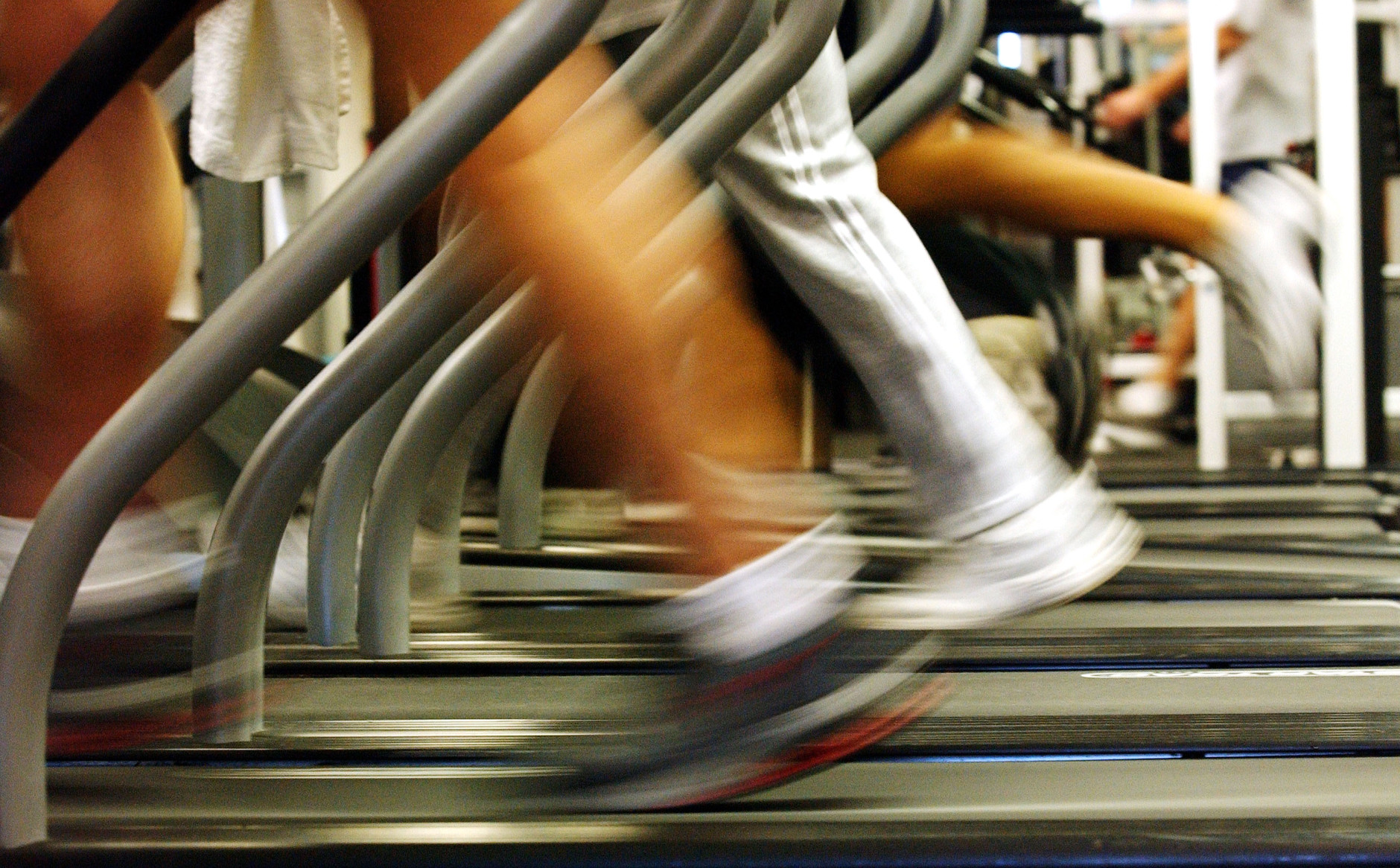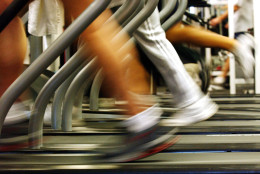















WASHINGTON — February is a month devoted to matters of the heart.
There’s Valentine’s Day on Feb. 14, of course — but this is also Heart Month, dedicated to raising awareness of heart health.
Heart disease remains the biggest killer in the United States. The Centers for Disease Control and Prevention says about 610,000 Americans die of it each year — that’s one in every four deaths.
But there is reason for hope. The American Heart Association says that from 2003 to 2013, the death rate from heart disease fell about 38 percent, though the number remains alarmingly high.
And with that drop has come a shift: Fewer patients are developing artery problems, and the focus of innovation is moving more toward helping those with issues related to the heart muscle itself, such as heart failure and faulty valves.
“It is an exciting time — there is so much innovation that is going on that is going to help patients,” says Dr. Allen Taylor, chief of cardiology at the MedStar Heart and Vascular Institute.
He says cholesterol-busting statins and campaigns against smoking have gone a long way to reduce the number of patients with bad arteries, and now big change is coming to treatment of the heart muscle itself.
One of the biggest innovations is the evolution of less invasive surgical techniques. Taylor points to the advent of minimally invasive heart valve replacements — a huge shift from the open heart surgery that has long been the norm.
“Where we are now is you can come in and get a new heart valve and go home in two days,” he says, calling that “an amazing advance.”
Taylor — a self-professed tech geek — is also impressed by the power of information technology to transform cardiology.
“You have seen this nexus of information for patients, electronic health records, digital imaging — everything coming together to bring information to your fingertips at all times,” he says. “That’s good for patients, good for doctors and good for health care.”






